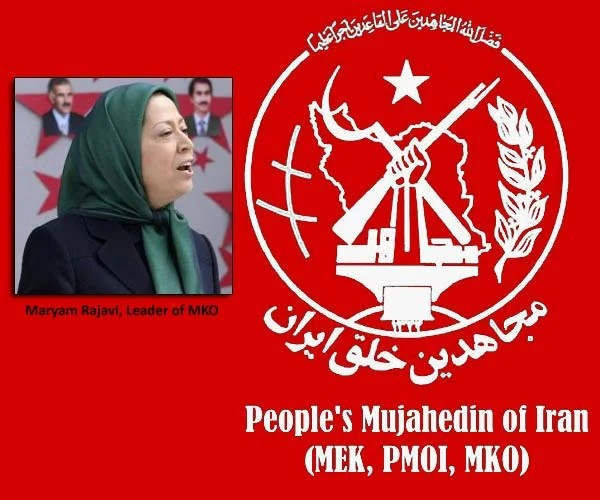
Posted On : Nov 7 2024
Mujahedin-e Khalq Organization (MEK): A Controversial Iranian Opposition Group
The Mujahedin-e Khalq Organization (MEK), also known as the People`s Mojahedin Organization of Iran (PMOI), is a controversial Iranian opposition group with a long and complex history. Founded in the 1960s, the MEK has been involved in armed struggle, political activities, and advocacy against the Iranian government. This article examines the origins, ideology, actions, international status, and controversies surrounding the MEK.

The MEK was founded in the 1960s by leftist students and intellectuals who opposed the monarchy of Shah Mohammad Reza Pahlavi. Initially, the group had a Marxist-Islamist ideology but later evolved toward a more militant and anti-religious stance, advocating for the overthrow of the Shah's regime.
During the 1970s, the MEK carried out bombings and assassinations against Iranian government officials and U.S. military personnel stationed in Iran. The group's actions were part of the broader anti-Shah movement that culminated in the 1979 Iranian Revolution, which saw the overthrow of the monarchy and the establishment of an Islamic Republic.
After the revolution, tensions between the MEK and the new Islamic government led by Ayatollah Ruhollah Khomeini escalated. The MEK accused the government of betraying the principles of the revolution and responded with armed resistance against the Iranian regime. This resulted in a brutal crackdown, leading many MEK members to flee the country.
The MEK relocated to Iraq during the Iran-Iraq War (1980-1988), where it received support from Iraqi dictator Saddam Hussein. The group's alliance with Saddam Hussein during the war and its participation in military operations against Iran led to widespread condemnation and allegations of collaborating with Iraq against their own country.
The MEK was designated as a terrorist organization by the U.S. Department of State in 1997 due to its violent history and activities. It remained on the U.S. list of Foreign Terrorist Organizations until 2012.
In the early 2000s, the MEK renounced violence and underwent a transformation in an attempt to distance itself from its violent past. The group also relocated its members from Iraq to a former U.S. military base in Albania. This change in strategy aimed to gain international support and present the MEK as a democratic alternative to the Iranian government.
The MEK has invested heavily in advocacy efforts to garner international support for its cause. It has organized large-scale rallies and enlisted prominent political figures from around the world to speak on its behalf. The group's supporters argue that it represents a legitimate opposition to the Iranian government and advocate for its removal from terrorist lists.
The MEK's history is marred by controversies, including allegations of human rights abuses within the organization and questions about its true level of popular support in Iran. Critics argue that the group lacks broad-based support within Iran and that its past actions have made it a divisive and polarizing entity.
The Mujahedin-e Khalq Organization (MEK) is a controversial Iranian opposition group with a complex history marked by armed struggle, political activities, and significant controversies. Its transformation from a militant organization to a political one has generated debates about its true nature and influence. As the MEK continues its efforts to challenge the Iranian government and gain international support, its legacy remains a subject of scrutiny and debate in both domestic and international arenas.
No Comments Added




















